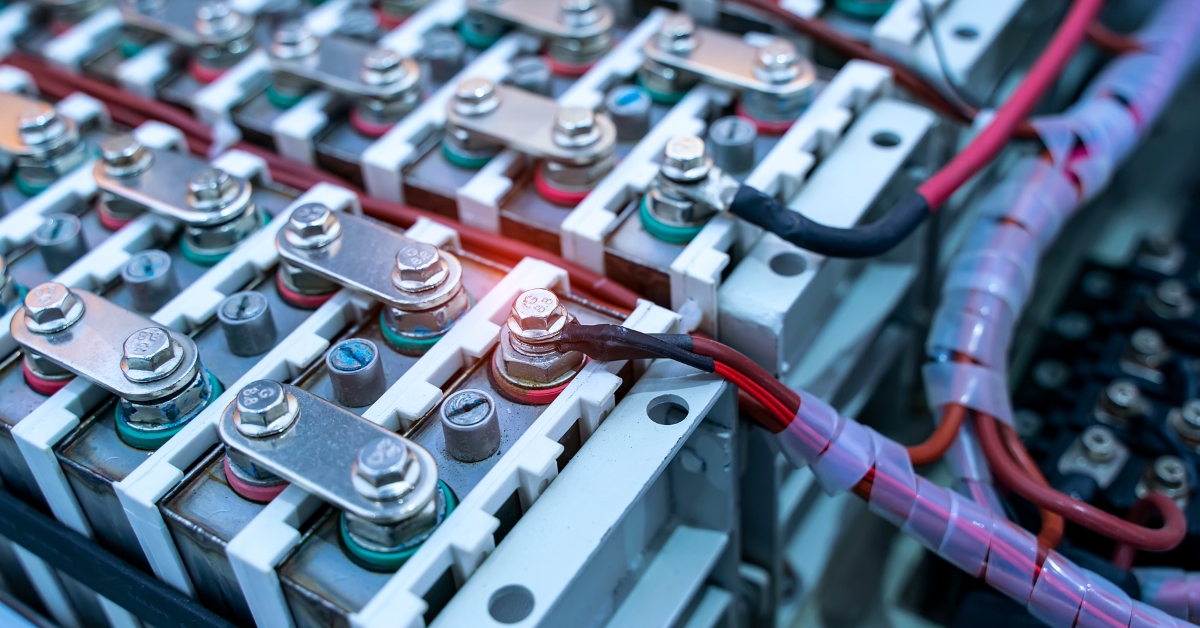
Biden’s Electric Vehicle Push Makes U.S. More Dependent on China
The Biden administration’s aggressive push for electric vehicle (EV) adoption, underscored by the EPA’s new emission regulations aiming for a two-thirds EV market share by 2032, overlooks critical national security and economic implications—most notably, our increasing dependence on China.
China’s stranglehold on the EV supply chain, from rare earths reserves to battery production, is alarming. Despite holding only 36% of global rare earth reserves, China controls 70% of the world’s extraction capabilities and 77% of its battery manufacturing capacity. This dominance isn’t accidental but the result of strategic investments over the past 15 years, positioning China as the linchpin of the global EV market. The U.S.’s current trajectory towards EV adoption only serves to deepen our reliance on Chinese resources and technology, compromising our economic independence and national security.
The risks of this dependence cannot be overstated. China’s recent move to restrict graphite exports—a critical component in EV batteries—signals its willingness to once again use trade as a geopolitical weapon. Such maneuvers expose the vulnerability of the U.S. auto market to Chinese influence, potentially leading to manipulated prices and constrained supply chains. This scenario is not just hypothetical but a looming reality if we continue down this path without recalibrating our approach to EV adoption.
If we are going to continue to electrify the country’s vehicle fleet, then the U.S. must prioritize domestic investment in the EV supply chain, from mineral extraction to battery production. Simplifying permitting processes and incentivizing domestic production can help build a more resilient and self-sufficient EV ecosystem, reducing our reliance on foreign adversaries. Legislative efforts like the Choice in Automobile Retail Sales Act of 2023, which seeks to ensure a balanced transition to EVs, reflect a growing awareness in Congress of the need for a strategic approach to electrification—one that safeguards American interests.
As we electrify America’s vehicle fleet, it’s imperative that we prioritize national security and not blindly adhere to ill-considered policies. President Biden’s aggressive stance on EVs overlooks the significant risks of increased reliance on China—a nation that controls a vast portion of the EV market, from rare earths to battery production. This oversight not only jeopardizes our economic independence but also our national security. It’s crucial that we reassess our approach, ensuring any transition towards EVs is balanced with strategic investments in domestic capabilities. Without this recalibration, we risk ceding too much power to foreign interests, undermining our own sovereignty in the process.














